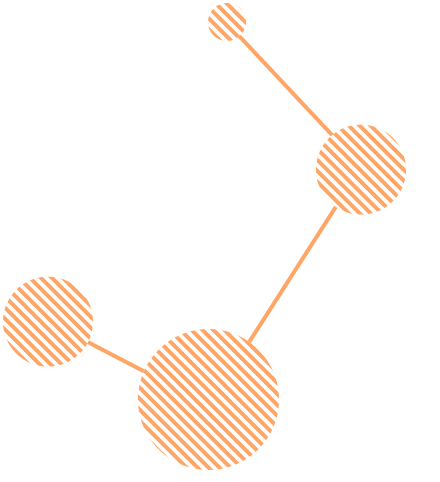Research Section on the Individual use of knowledge media
The research section Individual Use of Knowledge Media focuses on individual learners' knowledge-related processes when using digital information. The research section is divided into four labs.
The Multimodal Interaction Lab conducts research into the interaction of digital information on the basis of different sensory and motoric modalities. The focus is on the multimodal handling of multiple information resources and on the use of sensor-based interaction modalities, such as multi touch or brain-computer interfaces.
The Realistic Depictions Lab focuses on the processes underlying information processing and knowledge acquisition when viewing vivid static and dynamic visualizations, such as illustrations, videos or virtual environments.
The Multiple Representations Lab investigates the information processes involved in learning with combined symbol systems, especially text-picture combinations, and how to provide instructional support for learners who engage in these processes.
The Language and AI in Education Lab works at the interface of computational linguistics and empirical educational research, with a focus on academic and second language acquisition research, the development of effective teaching and learning methods, and the use and evaluation of the developed systems in educational practice as an ecologically valid data source for basic research.
Research Section on the Social use of knowledge media
The research section Social Use of Knowledge Media is divided into four labs. These groups conduct research into the potential and risks of using digital communication and cooperation media for collaborative knowledge work and knowledge acquisition.
The Perception and Action Lab investigates human perception and action processes in digital environments. The focus is hereby on how information is selected, how the mind organises these different pieces of information and how it integrates them into existing knowledge.
The research of the Knowledge Construction Lab focuses on media settings in which large groups work together on a joint knowledge artefact (e.g., a knowledge platform). In these settings, knowledge is usually not exchanged directly between users but via the artefact (the media platform) and the processes that take place there. In such situations, new knowledge develops at both the individual and the group levels.
The Everyday Media Lab primarily studies (knowledge) communication in everyday settings, such as learning from YouTube videos or podcasts, exchanges on social media, or interactions with voice assistants like Alexa. The focus is often on users’ social relationships or parasocial (= asymmetrical) relationships with media figures.
The Language and AI in Education Lab works at the interface of computational linguistics and empirical educational research, with a focus on academic and second language acquisition research, the development of effective teaching and learning methods, and the use and evaluation of the developed systems in educational practice as an ecologically valid data source for basic research.

